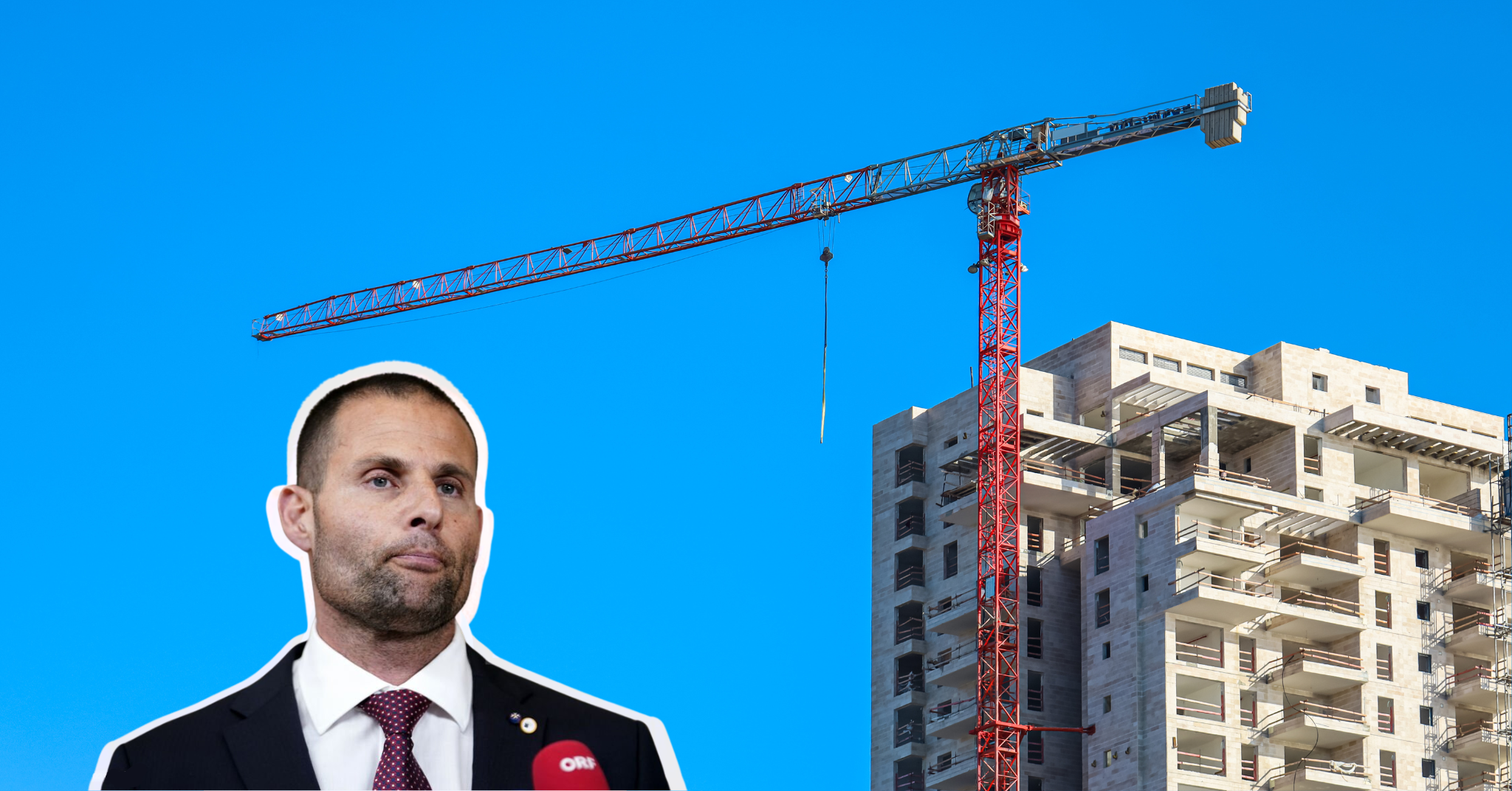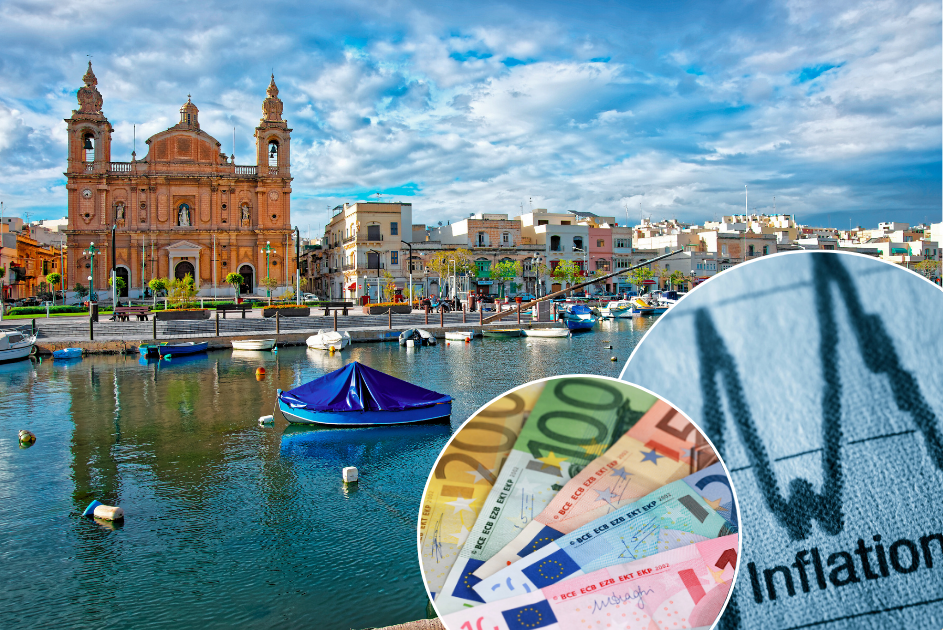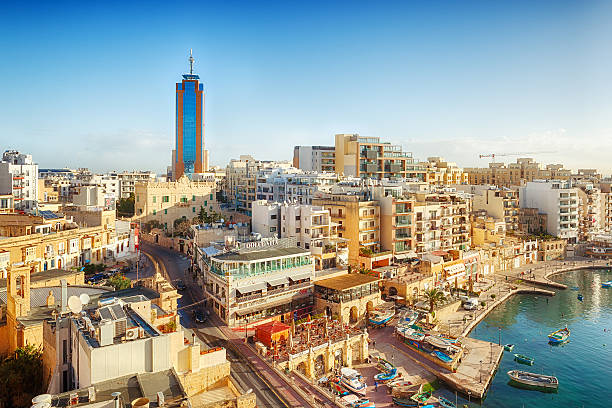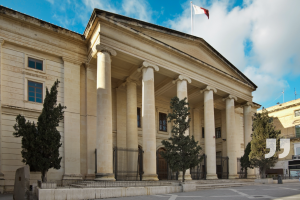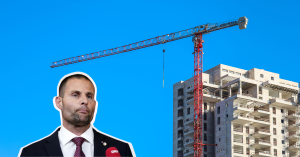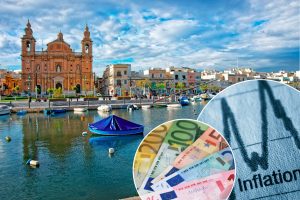The Maltese democracy is a fascinating topic for discussion. During its lifetime, the ups and downs in our democracy took Malta in routs of both good and bad decisions and directions, and the consequences of these decisions have appeared to show over time.
Let’s visit the near past and look at one of Malta’s biggest dreams of that time- joining the EU. When the dream became a possible reality, Malta was in the process of consolidating its democracy. In the process, Malta was rated as a democracy, and the hope in the eyes of the people was starting to show. They were led to believe they were destined to live in a functioning, democratic country.
The fall
A few years after, one of the big downs came when Levitsky’s term “Competitive Authoritarianism” got Malta’s attention. For the ones who do not know, this term refers to when a regimen or government sees formal democratic institutions as the way of getting power. This term matched the Maltese government’s behavior perfectly, resulting in swift rule violations, fraud, and general extreme use of the power given to a democratic entity.
The fall of our democracy was not immediate, and it collapsed slowly, almost in an undetectable way. Today, the vast majority of the population in Malta claim that years and years of unnoticed corruption and dismantlement are those who led to the fall of Malta as a country that is considered democratic.
That is what happens most often with high positions in a country. Money and power can sometimes make people blind. It also has been demonstrated that when these people feel in danger or at risk, and it can be at a minimum level, they will do everything to stop it.
The “Flawed Democracy”
Focusing specifically on the Democracy of Malta, since The Economist Intelligence Unit annual index was first put together in 2006 and until 2018, Malta was considered a “Full democracy .” That status did not last long. In that last year, the island dropped from a score of 8.21 to 7.95 in 2019, classifying the country as a “Flawed democracy .”It makes sense since the year 2019 in Malta was defined as one of demand for better political representation and of need for the regeneration of democracy.
The Democracy Index is based on five categories: electoral process and pluralism, political participation, the functioning of the government, civil liberties, and political culture. Then, based on these scores, the country is classified into one category.
Malta switched into the “Flawed democracy” category alongside a list of other countries, including Hong Kong, Panama, the US, South Korea, Israel, and 54 countries. Besides Malta, four other EU countries such as Belgium, Cyprus, Italy, and Greece, have also been classified as having flaws in their democracy.
It is essential to mention that of the 167 countries that were covered by the index; Malta was the only one to move down from “Full democracy” to the category of “Flawed democracy,” where there are apparent problems in governance, an underdeveloped political culture and low level of political participation.
Regarding that last category, Malta repeatedly scored a very low rating. The reasons? Low level of engagement by citizens in politics, a poor representation of women in Parliament, and a lack of encouragement on the part of the authorities to promote political participation in the country. These are topics that have been spoken about nowadays on the island. Progress? I don’t think so.
Other international reports have also doomed Malta as country which exploits its power wrongfully towards the people. In the Transparency International’s Corruption Perceptions Index, Malta was placed 52nd out of 180 countries and was labelled one of the ‘countries to watch”, and not for a good reason.
The future of democracy in Malta
It appears as if the future of Malta is dependent on its people more than anyone. Right now, even though many of Malta’s citizens have expressed their frustration in social media, the actions should not stop there.
The route for a functioning democracy is embedded with daring steps. The citizens of Malta could, and even should demand a revamp of the Maltese political system, which to their mind id rotten from within.
The public representors will continue to preform and promote actions that they see fit with no consideration to democratic values as long as they will be permitted to by the public mandate.
It is up to us to decide how the future of our democracy could look. It is up for the people we choose to make sure it stays as such.





